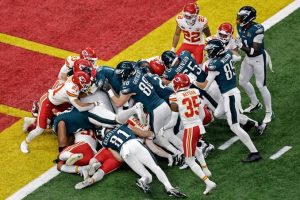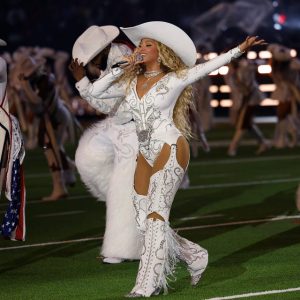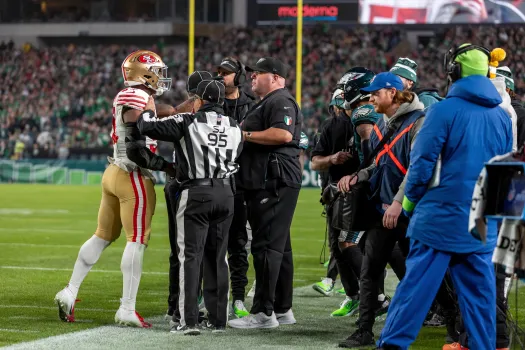

Today marks World Ocean Day. It hasn’t been recognized as long as Earth Day, but the Eagles understand its significance. In 2021, the Eagles, through their Go Green initiative, chose to enter a landmark partnership with The Ocean Foundation, becoming the first U.S. pro sports organization to offset 100 percent of team travel carbon emissions through seagrass and mangrove restoration in Puerto Rico’s Jobos Bay National Estuarine Research Reserve.
/cloudfront-us-east-1.images.arcpublishing.com/pmn/FWF35FKH25HKTGQKTFDGGGSH3M.jpg)
Eagles Vice President of Fan Experience and Sustainability Norman Vossschulte has attended several conferences over the years, asking a simple question, “What more can be done to help the environment?” Vossschulte’s discussions with scientists and conservationists helped guide the team to an unprecedented approach to addressing the problem at its root cause.
“When the ocean is in trouble, the rest of the Earth will be in trouble,” Vossschulte said. “If you wanted to focus on one particular thing on Earth, I think the starting place should be the ocean, and if you start there, then you can help the Earth. If we don’t take care of the water, then life on Earth will suffer.”
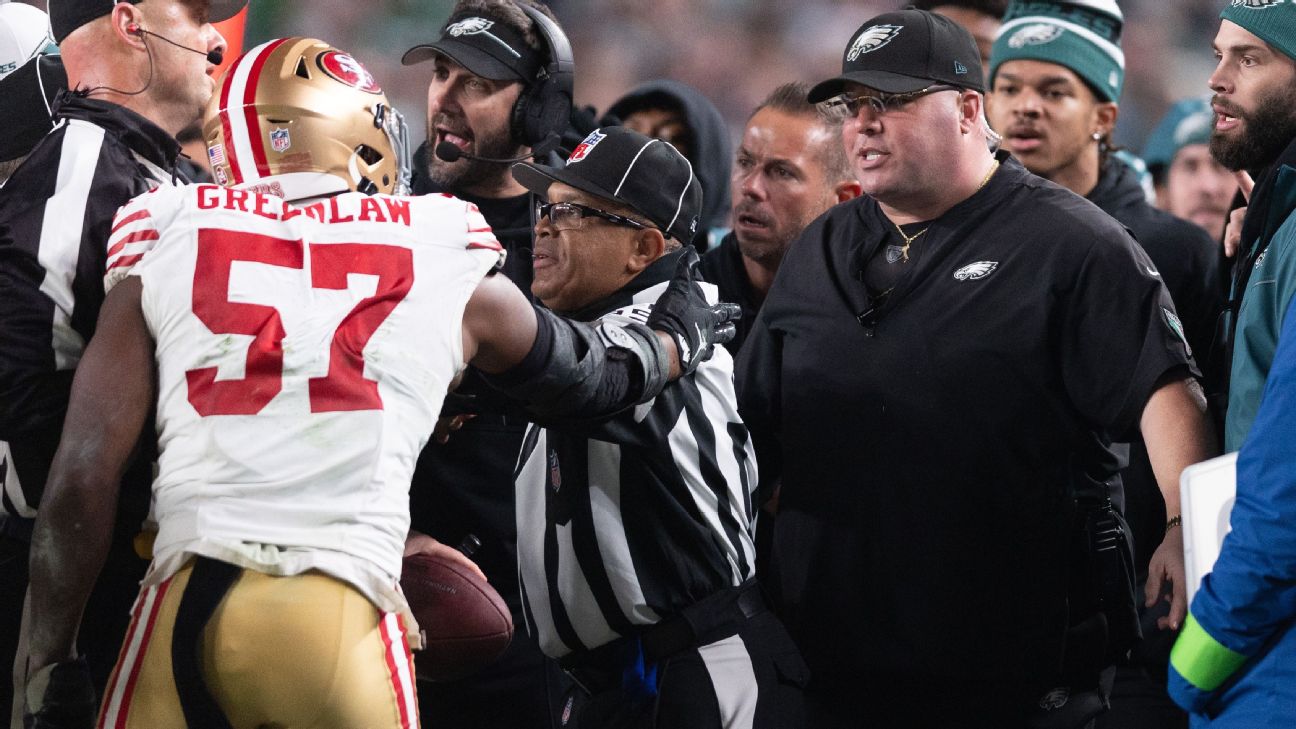
Last month, Vossschulte was joined by Eagles Senior Vice President of Operations Jason Miller, Eagles Corporate Partnerships Director Nick Michaels, and Lindsay Arell, CEO and Co-Founder of Honeycomb Strategies, to witness the work done up close by The Ocean Foundation. It was an immersive five-day biological expedition to Puerto Rico and the island of Vieques where hurricanes in recent years have wiped out a significant portion of mangroves, a rich habitat brimming with tree and shrub foliage for other plants and animals to call home that can be akin to the offensive line of the ecosystem.
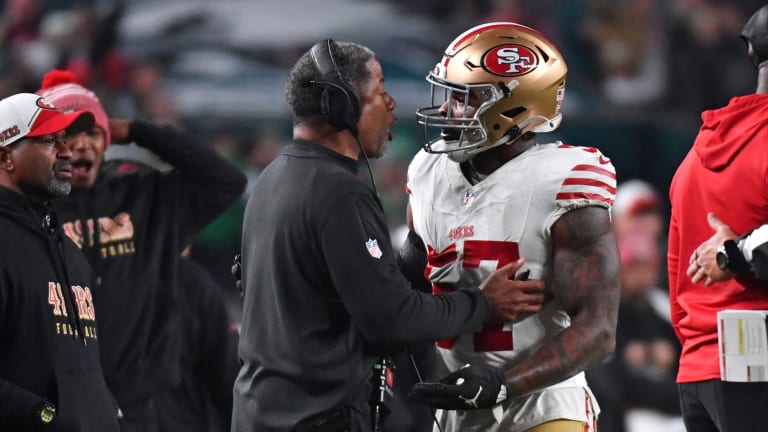
The branching root system materializing underwater from mangroves protects fish that would otherwise be eaten while young, disrupting the food cycle which would eventually have a trickle-down effect on humans. Mangroves are also extremely efficient in siphoning carbon dioxide by storing it into sediment in the ocean floor and locking it away. When lesser storms hit, mangroves can absorb the waves to protect land from erosion.
